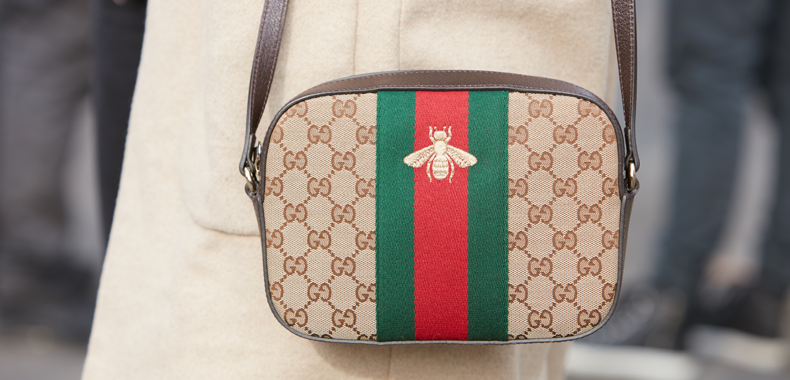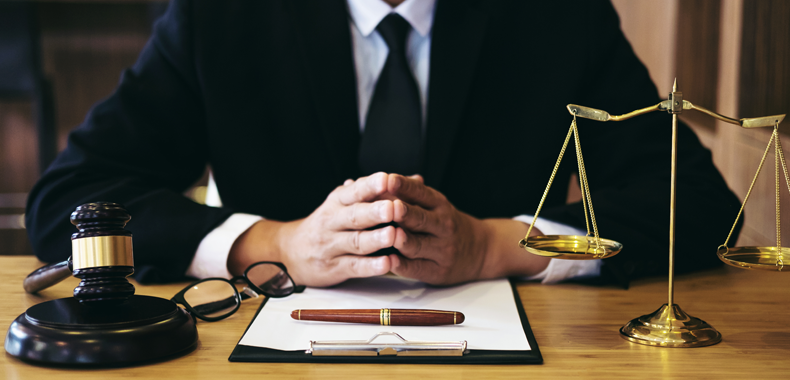On April 26th, Facebook and Gucci America Inc. filed a lawsuit against the head of an international counterfeiting business in the United States District Court for the Northern District of California – against a woman called Natalia Kokhtenko for counterfeiting and for supposedly sell counterfeit Gucci products and other brands imitating the original via Facebook and Instagram.
In their complaint, the companies alleged that at least since April 2020 the defendant “has operated an international online business trafficking in illegal counterfeit goods”. The companies also said that Natalia “used Facebook and Instagram to promote her websites selling counterfeit products, including counterfeit Gucci-branded handbags, shoes, clothing, and accessories, in violation of Facebook and Instagram’s terms and policies.”
Additionally, the companies alleged that the defendant created several Facebook and Instagram accounts and used them to sell fake Gucci products. This practice helped the counterfeiter escape from Facebook’s and Instagram’s enforcement actions.
Facebook’s first action was disabling the defendant’s account and removed various posts promoting the sale of the counterfeit products alleging that the posts and account violated Facebook’s and Instagram’s terms and policies which doesn’t allow users from “doing anything ‘unlawful, misleading…or fraudulent”; infringing or violating the intellectual property rights of others; or breaching its terms of service, community standards or other terms and policies. Facebook added that it offers various measures to protect intellectual property rights.
Regardless of Facebooks actions, the defendant has continued to use Facebook and Instagram to promote her sales of counterfeit Gucci products with the “unauthorized use of several of Gucci’s registered trademarks, including its house mark GUCCI, a number of Gucci’s stylized Gucci and GG marks, and Gucci’s Green/Red/Green Signature Webbing.”
The defendant purportedly has “used these spurious marks in connection with a wide array of products, including jackets, shirts, sweaters, sweatshirts, skirts, scarves, belts, footwear, hats, face masks, handbags, backpacks, watches, sunglasses and bedding.” However, these were not genuine Gucci products, according to the plaintiffs. An example of an infringing product is shown below:

Gucci alleged in the complaint that it spends millions of dollars promoting its trademarks, thus, there is a high level of consumer recognition, so the consumers recognize Gucci as the source of these products and confirmed that after purchasing the defendant’s products, confirmed that they were not original.
The causes of the action are counterfeiting, trademark infringement, federal unfair competition, unfair competition in violation of California Business and Professional Code, common law unfair competition and breach of contract under California Law.
The Plantiffs seek to stop the defendant from continuing selling counterfeit products and from continuing to violate Facebooks and Instagram’s terms and policies.
—
Author: Laís Iamauchi de Araujo, Associate Lawyer at Peduti Advogados.
Source: Luxury fashion brand Gucci has partnered with Facebook to file a joint lawsuit against the sale of counterfeit products. The companies alleged that the unidentified defendant created several Facebook and Instagram accounts and used them to sell fake Gucci products.
—
“If you want to learn more about this topic, contact the author or the managing partner, Dr. Cesar Peduti Filho.”
“Se quiser saber mais sobre este tema, contate o autor ou o Dr. Cesar Peduti Filho.”
















